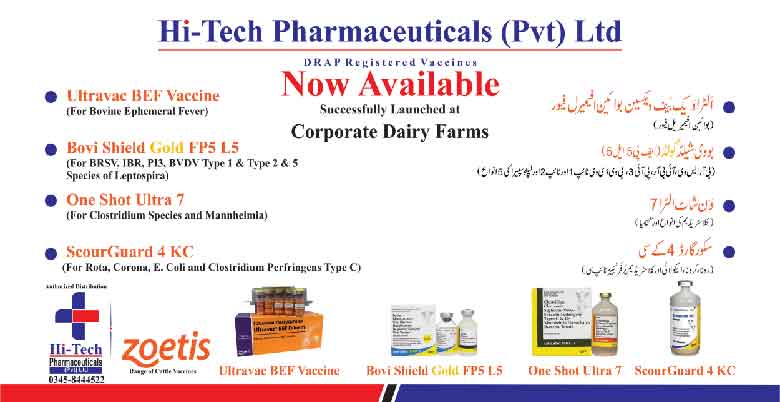Germany’s Foot-and-Mouth Disease (FMD) outbreak remains limited to a single confirmed case. Fears of a potential second outbreak on a nearby goat farm were allayed on Thursday (16 January) after tests confirmed no trace of the FMD virus.
The outbreak was first identified a week ago when three water buffalo tested positive for FMD at a farm in Hoppegarten, Brandenburg, roughly 20 km east of Berlin. To prevent further spread, the remaining 11 water buffalo on the organic farm were culled, alongside livestock within a 1-km radius, including 170 pigs.
In the Barnim district, about 15 km from Hoppegarten, goats on a hobby farm displayed oral blisters, prompting their culling on Wednesday as a precaution.
However, the Friedrich-Loeffler-Institute, Germany's reference lab, announced on Friday that these animals tested negative for FMD and showed no antibodies against the virus.
Federal Agriculture Minister Cem Özdemir reassured the public about the containment efforts, stating, “There is no reason to prohibit the sale of milk and meat products outside of the restricted zones.” Speaking to Deutschlandfunk, Özdemir emphasized the need for ongoing vigilance, adding, “Germany is not entirely free from FMD.”
Özdemir also highlighted efforts to expand the EU’s regionalization principle to third countries, ensuring that only affected areas face trade restrictions. Discussions with international trade partners are underway to apply this approach to global markets.
The outbreak has raised concerns about its impact on Germany’s dairy exports, as noted by the Agricultural Market Information (AMI) company. Dairy exports are crucial for Germany, with approximately half of the country’s milk production destined for EU and global markets.
Cheese is Germany’s leading dairy export, with 1.22 million tones shipped in the first 10 months of 2024. Of this, 86% went to EU countries such as Italy, the Netherlands, and France, while 14% was sent to third countries, including the UK, Japan, and Chile. Other key exports include skimmed milk powder, butter, and cream, with significant demand from non-EU countries like China, Egypt, and South Korea.
In response to the outbreak, the German Rentenbank has introduced low-interest loans for agricultural businesses experiencing a sales or profit decline of at least 30% due to FMD. This liquidity program aims to mitigate economic losses and support affected producers.
Germany’s robust measures and proactive financial aid underscore the country’s commitment to managing the FMD outbreak and minimizing its impact on farmers and the dairy sector.
